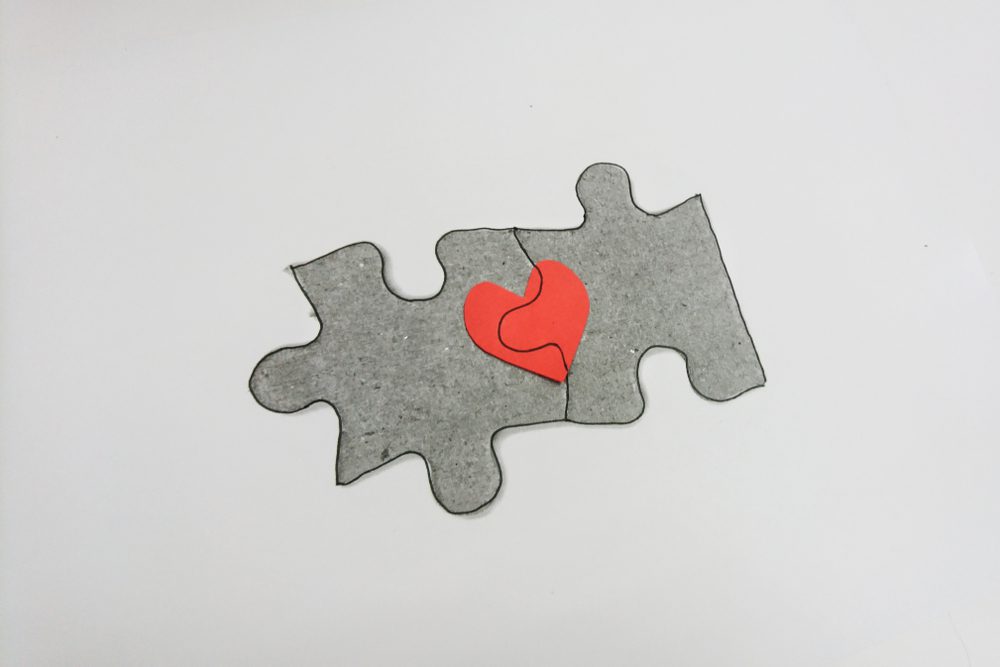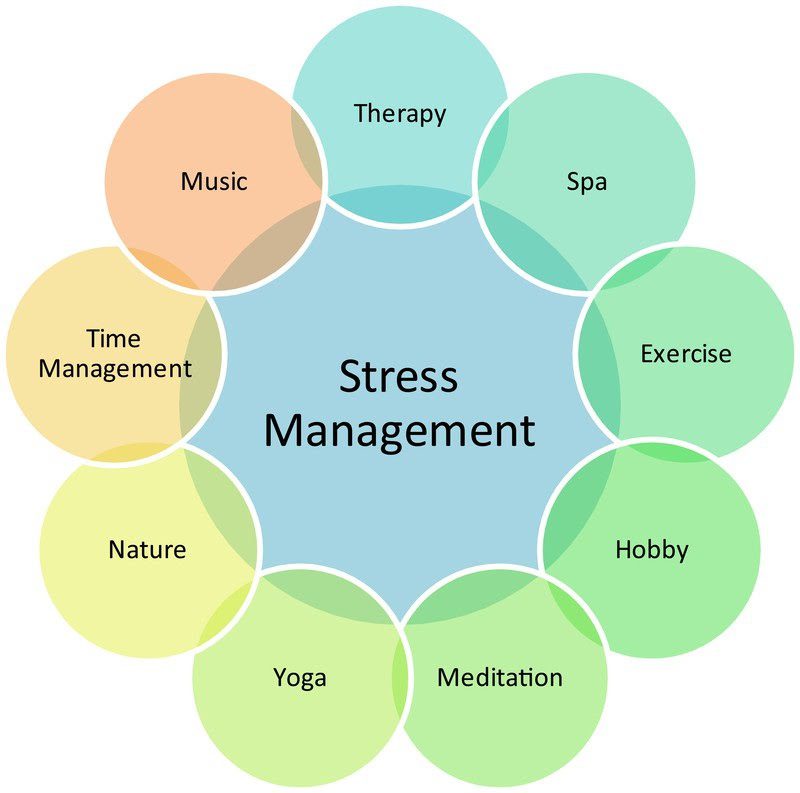What’s Love Got To Do With It?

I don’t know what you think about when you think of love. Personally, I think of Westlife (aging myself here), and how a greater boy band may never exist. Westlife sang a LOT about love. Love they had lost; love they could not live without; love they were scared of losing. But one song […]
Better at 70
Over lunch, a few months ago, a friend asked me what I liked to do on my birthdays. Before even thinking it through, I blurted out, “I like to be alone so I can think.” I find that I’m more honest when I don’t have much time to package my thoughts. As my next birthday […]
My (Not-So) Quiet Time

In recent times, I have struggled with having a quiet time even though I am aware of all the benefits of such a time. I know the spiritual benefits: communion and personal fellowship, which are indispensable parts of building one’s relationship with God. I know the physical and psychological benefits as well – meditation is […]
Finding your Coping Strategy

This week, after a post-work hangout with some new acquaintances, I made myself sing out loud to some empowering, worship music on the way home (and unknowingly to the dismay of other commuters, who were treated to my voice on their drive home). You see, what should have been a time of unwinding, left me […]